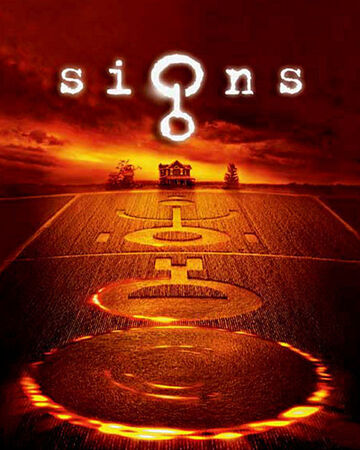- Nov 13, 2017
- 12,212
- 12,468
- Country
- Romania
- Gender
- Male
- Faith
- Christian
- Marital Status
- Married
Hmmm - you're probably right.
Now - how do I gently let down the other expert contributors to this thread and explain that there's no such thing as a Protestant demon? The only Catholic contributor (I'm aware of) just said that demons are very real and very dangerous (post #2). He didn't mention they were all Catholic.
Seriously - it would have been fairly easy to assume a tight relationship between the Catholic Church and demons. I intentionally tried to avoid this since I had no real knowledge about the Catholic doctrinal attitude to demons, just stereotypical images derived from fiction and movies. I also wanted a thread which explored demonology in a broader Christian context without overtones of The Exorcist or Medieval baggage.
I wanted (and still want) to explore how Christians as a whole understand the concept of demons.
OB
The bible uses terms to describe what appear to be malevolent spiritual beings. It doesn’t describe them in detail. I’m saying Catholic not because demons are Catholic, if that’s what you mean, but because the Catholic Church has exorcists which I assume means they do have something like a system of categorisation, or something like that, as they would be dealing with possession now rather than just the mention of possession in the bible.
Upvote
0




